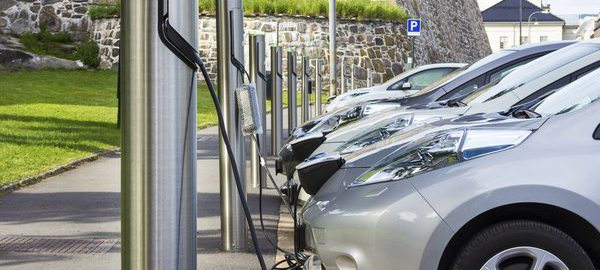The world has begun a rapid switch to electric vehicles. In the first half of this year, worldwide sales were up 57 per cent to 285,000, despite low oil prices, and there are now more than 1m electric cars on the world’s roads for the first time ever.

Last February, Bloomberg New Energy Finance (BNEF) forecast that electric vehicles would account for 35 per cent of new car sales by 2040, and perhaps more under certain scenarios.
The reason for this bullishness is not just that battery costs are plummeting – down 65 per cent in the past five years – it is also that electric vehicles outperform internal combustion cars in so many key areas. They drive more smoothly and accelerate better; they can be charged without a trip to the petrol station; they require less maintenance; they help solve air quality problems; and they increase the autonomy of oil-importing countries.
The rapid uptake of electric vehicles has given established car companies a huge shock. Tesla, the upstart technological leader, expected to produce 85,000 vehicles this year, has a market value of $32bn. That’s more than half of the value of General Motors, which makes nearly 120 times as many vehicles.
All of the incumbent car companies are racing to adjust their strategies, putting electric vehicles at their heart. Volkswagen, still reeling from the “Dieselgate” scandal, is intending to invest $11.2bn over the next decade to push electric vehicles to 25 per cent of its sales.
Read the full list of ten: LinkedIn
